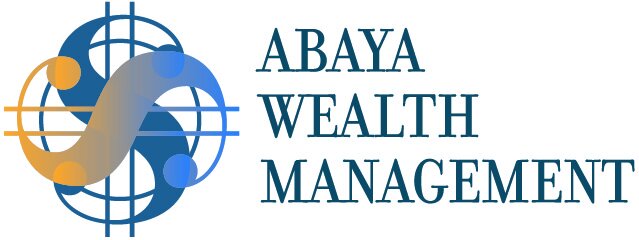3 Key Steps to Becoming Financially Fit
In honor of April being Financial Literacy Month, I’d like to discuss some of the basics for laying the groundwork that will ultimately allow you to build wealth: understanding cash flow, eliminating credit card debt, and establishing an emergency fund.
Video Transcript:
Welcome back to Financially Fit and Fearless. April is Financial Literacy Month, and as we come to the end of the month, I'd like to pass on some financial tips that are basic groundwork for building your wealth.
1. Cash flow monitoring
Cash flow monitoring is simply having a good understanding of the money coming in and the money going out on a monthly basis or yearly basis. The money coming in would be income. And the money going out is your expenses. If you know what your income is and what your expenses are, then you can make decisions, financial decisions confidently, without fear and without procrastination. There is a feeling of real power being able to do that.
2. Pay off your credit card balances
Credit card balances only help the credit card companies. You are literally making money for them. Not only that, but oftentimes you are still paying off something. For instance, let's say a TV or a pair of shoes that you don't even own anymore, yet you are still paying interest on it. Still paying money off on it with your credit card balances. And then once you’ve paid them off, pay them off monthly. Because quite frankly, if you were to say, well, I keep a balance on my credit card and I've heard this before, “because then I can invest the money.” There's no investment that can make up for the interest rates that are on credit cards right now. It just doesn't work. So pay off a credit card and then start paying it off on a monthly basis. You have no idea how good it feels to see that zero balance on your credit cards.
3. Have at least two months of savings in a savings account
I always stress that the savings account shouldn't be your checking account you use on a daily basis to pay off all of your expenses. Instead, there should be an extra savings account where you move stuff in. You want to have that two months worth of emergency money just in case something goes wrong, whether it's the refrigerator, whether it's the car, any number of things.
Once you have all three of those steps completed, then you are ready to start investing in your future. This is the basic groundwork which will get you to where you want to be.
